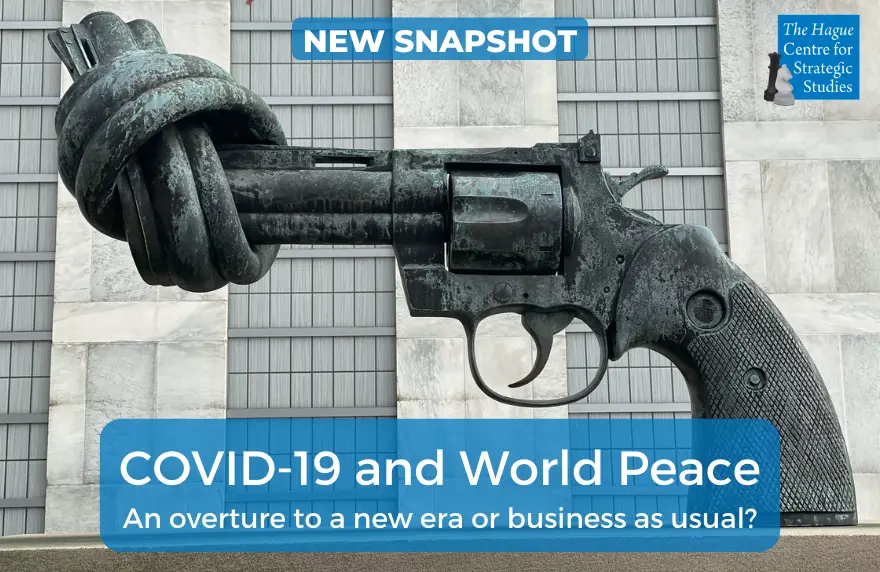While many fixate on the South China Sea, the vast Indian Ocean region (IOR), stretching from East Africa to South East Asia, and down to Australia, has become a tense multipolar security space. HCSS first flagged this development in the IOR in 2010. Since then, developments have accelerated. Foreign military facilities and naval forces are proliferating around the Arabian Peninsula, writes HCSS Subject matter expert Richard Ghiasy in a new snapshot.
Simultaneously, the U.S. Navy’s role as the primary security provider in the Indian Ocean, including for the safe passage of global trade and energy, has eroded. Consequently, the security dynamics and maritime order of the region are in a state of flux, and a long list of countries are seeking a foothold in the region. The most prominent of these is China.
But China’s rise is not the only factor behind the growing complexity in the IOR’s maritime order. New Delhi aims to become a key security provider in the region: India views the IOR as its natural sphere of influence and access to the Indian Ocean is crucial to Indian national security. In addition, smaller regional powers, particularly in the Middle East and the Gulf, harbor ambitions in the IOR. They aim to expand their areas of influence, notably along the East Africa littoral and the Red Sea.
The vast IOR is home to 32 littorals, numerous emerging markets, and about one-third of the world’s population. The region is enjoying rapid economic growth and rapid urbanization, but is also particularly vulnerable to climate change and is a prime candidate for conflict over scarce resources. The IOR is a crucial trade and energy conduit, encompassing key ports and economic zones, and international sea lanes crisscross the IOR’s northern stretches.
The result of this geopolitical ferment is a process of intensifying militarization of the region, but despite the increasing strategic significance of the IOR, the prospect of protracted armed conflict in this region remains small. All of the actors have an interest in maintaining a flourishing seaborne trade system. Nevertheless, one miscalculation or skirmish could set off a chain of events that could escalate into a major conflict and involve many stakeholders.




